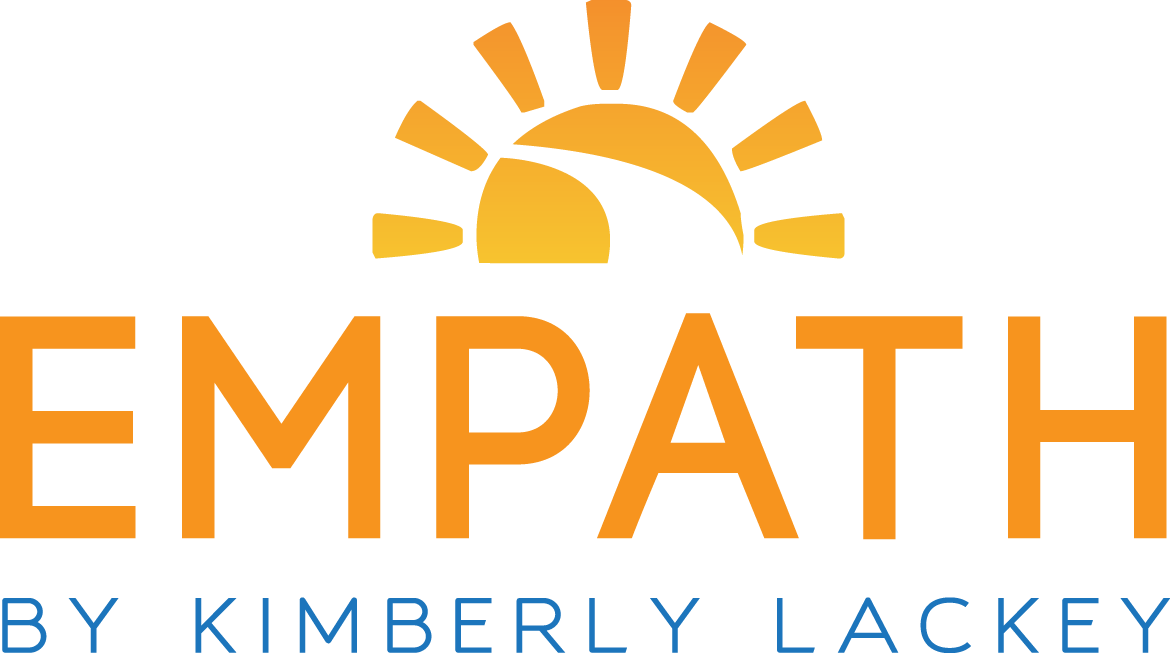Farmers’ Markets: A Force Behind Community Change
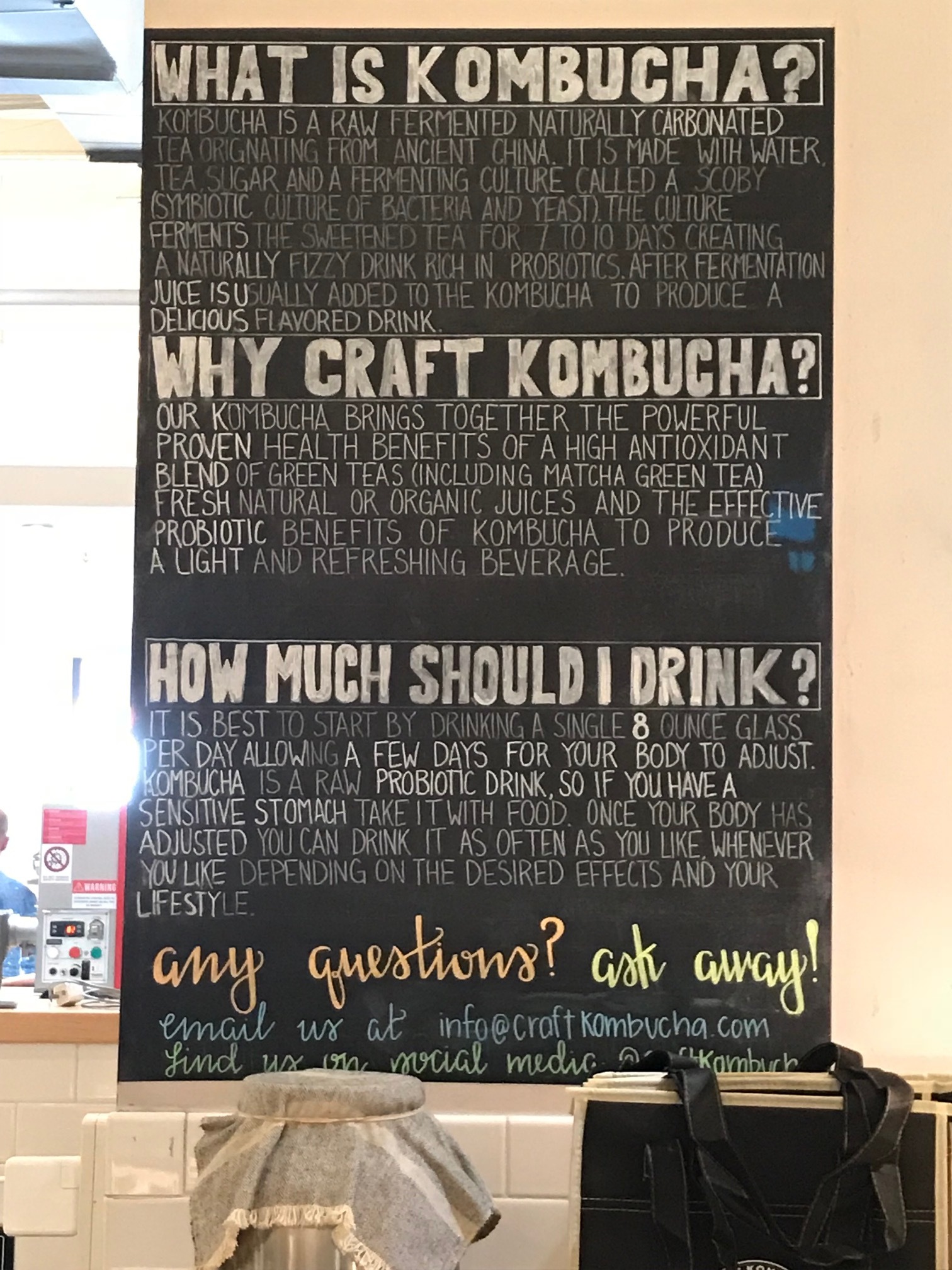
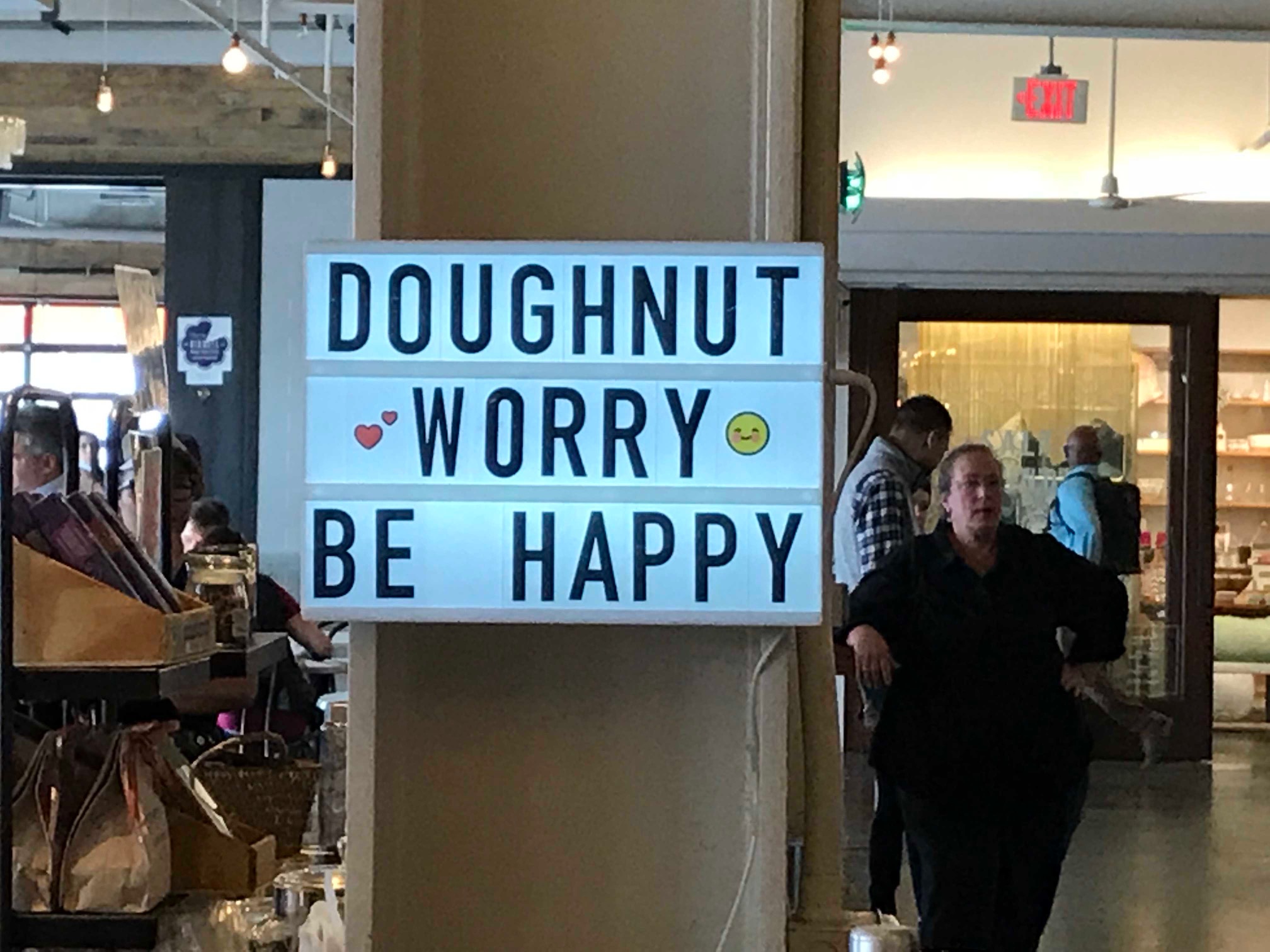

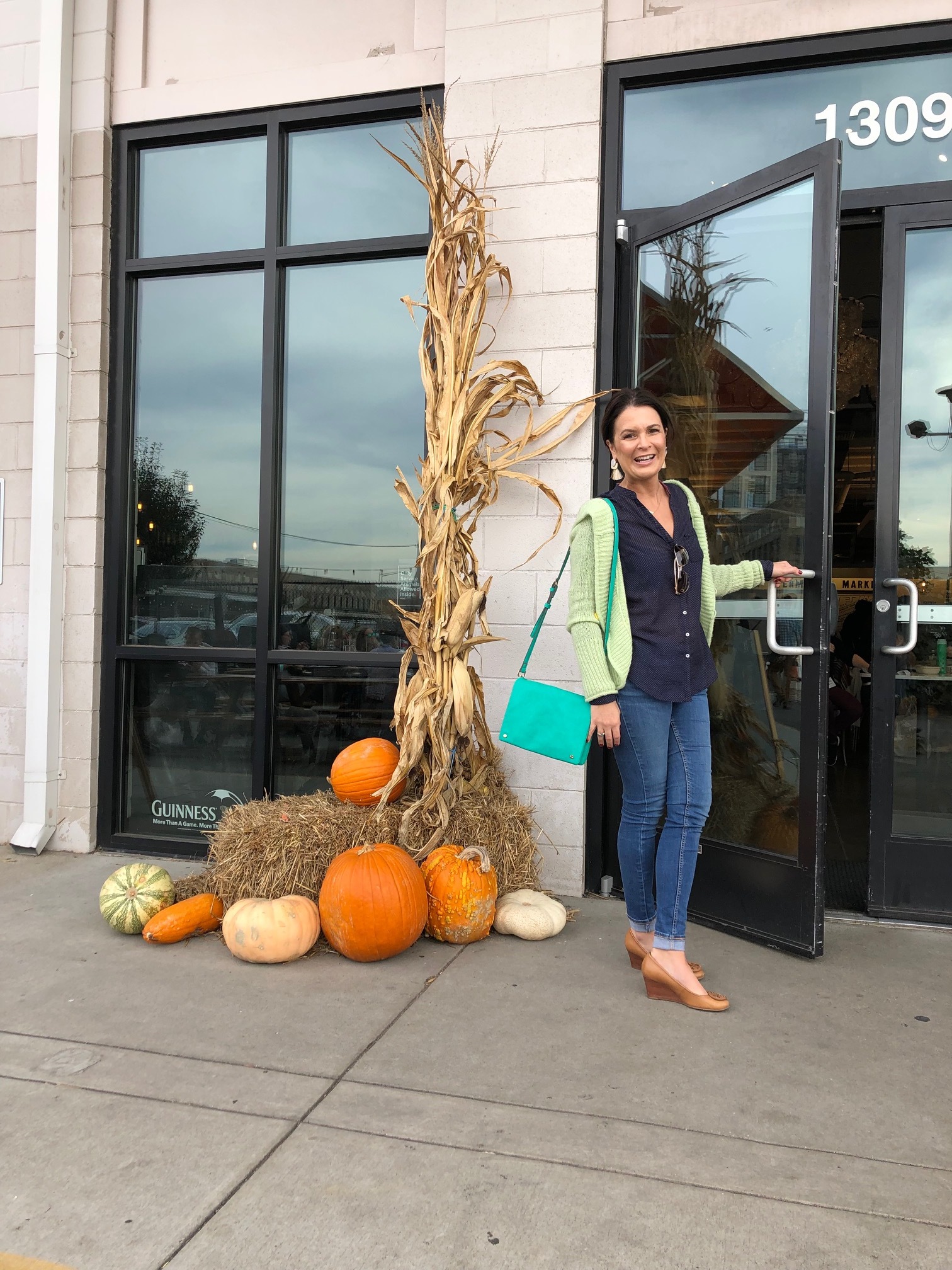
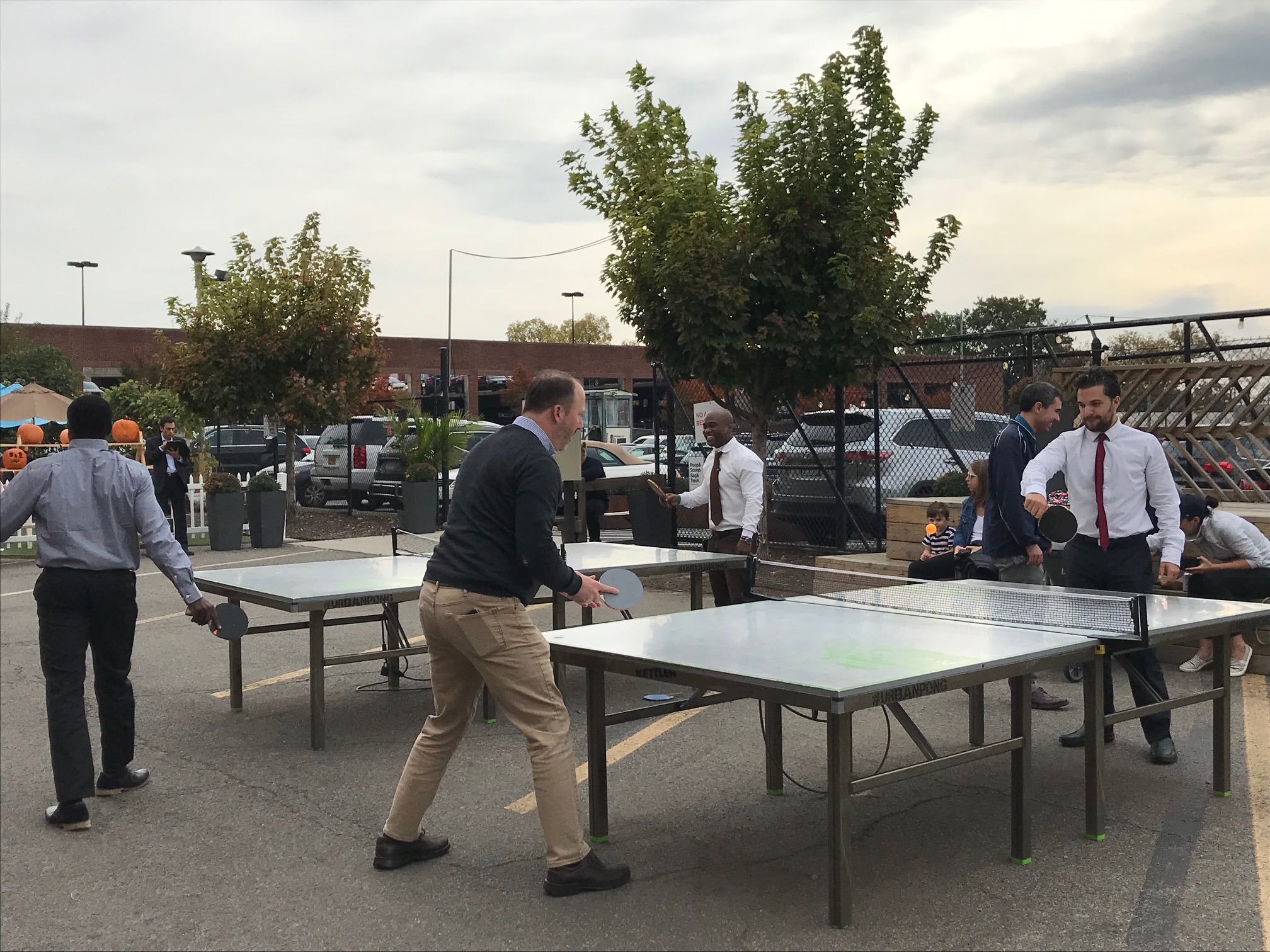
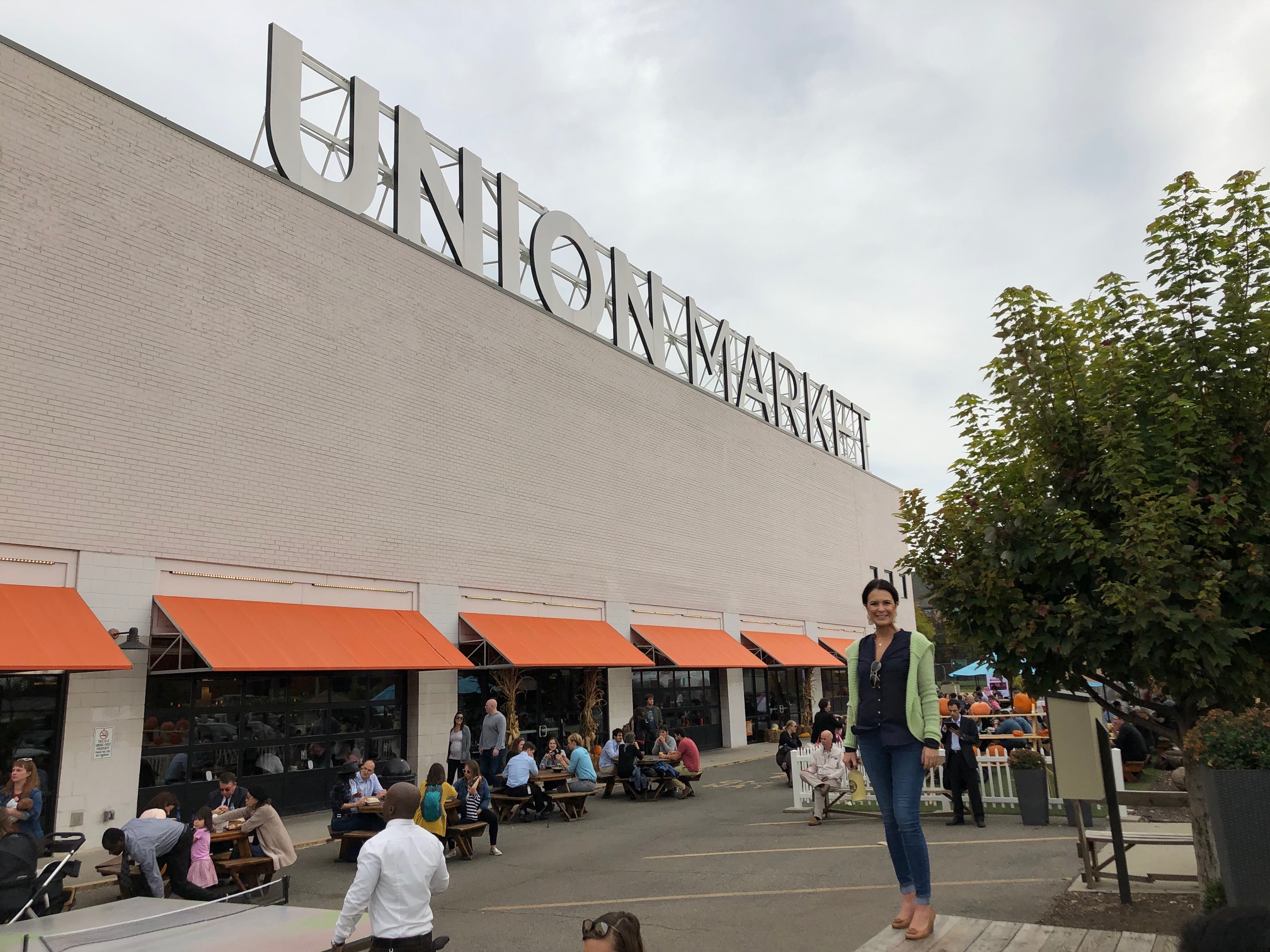
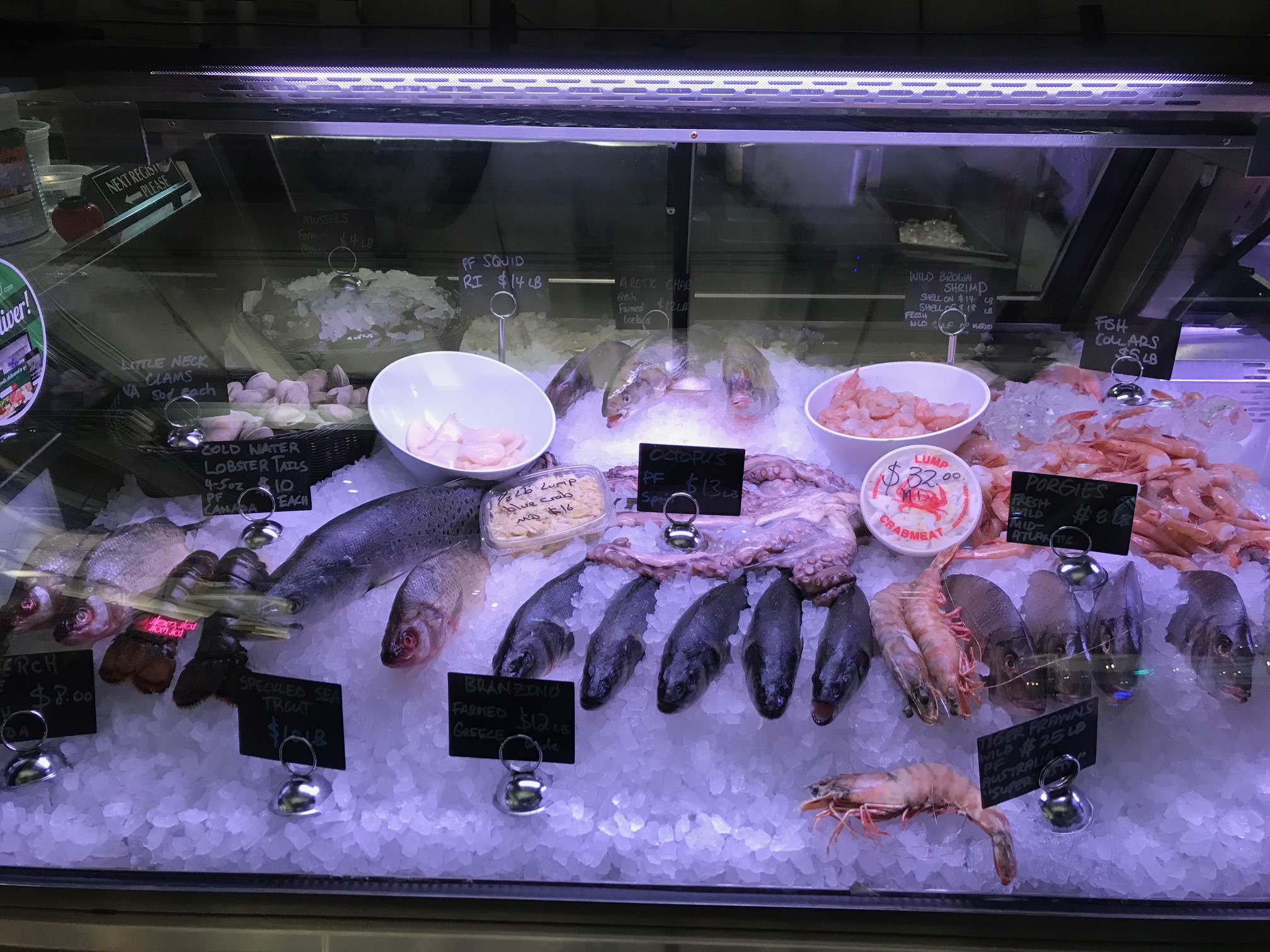
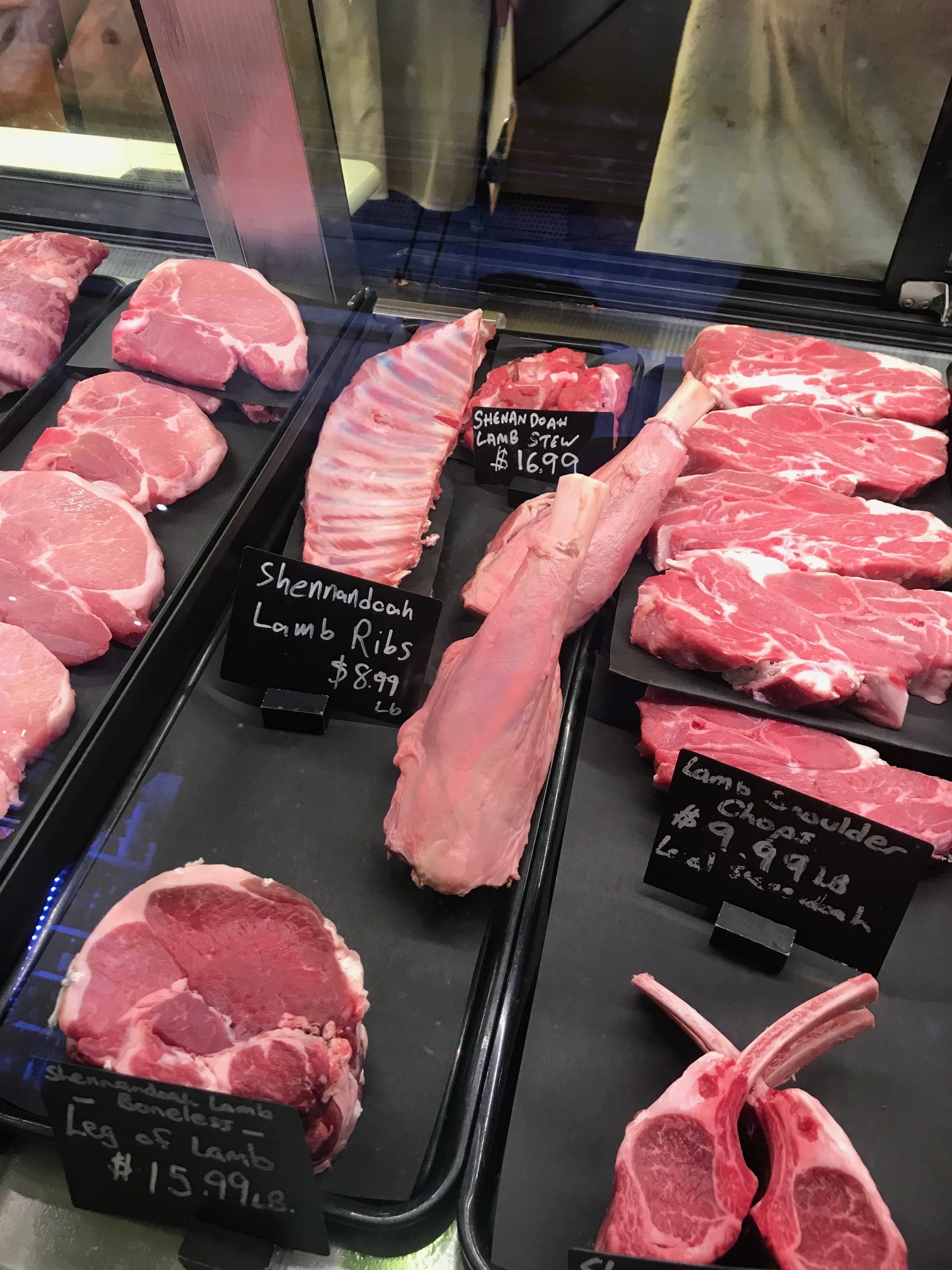
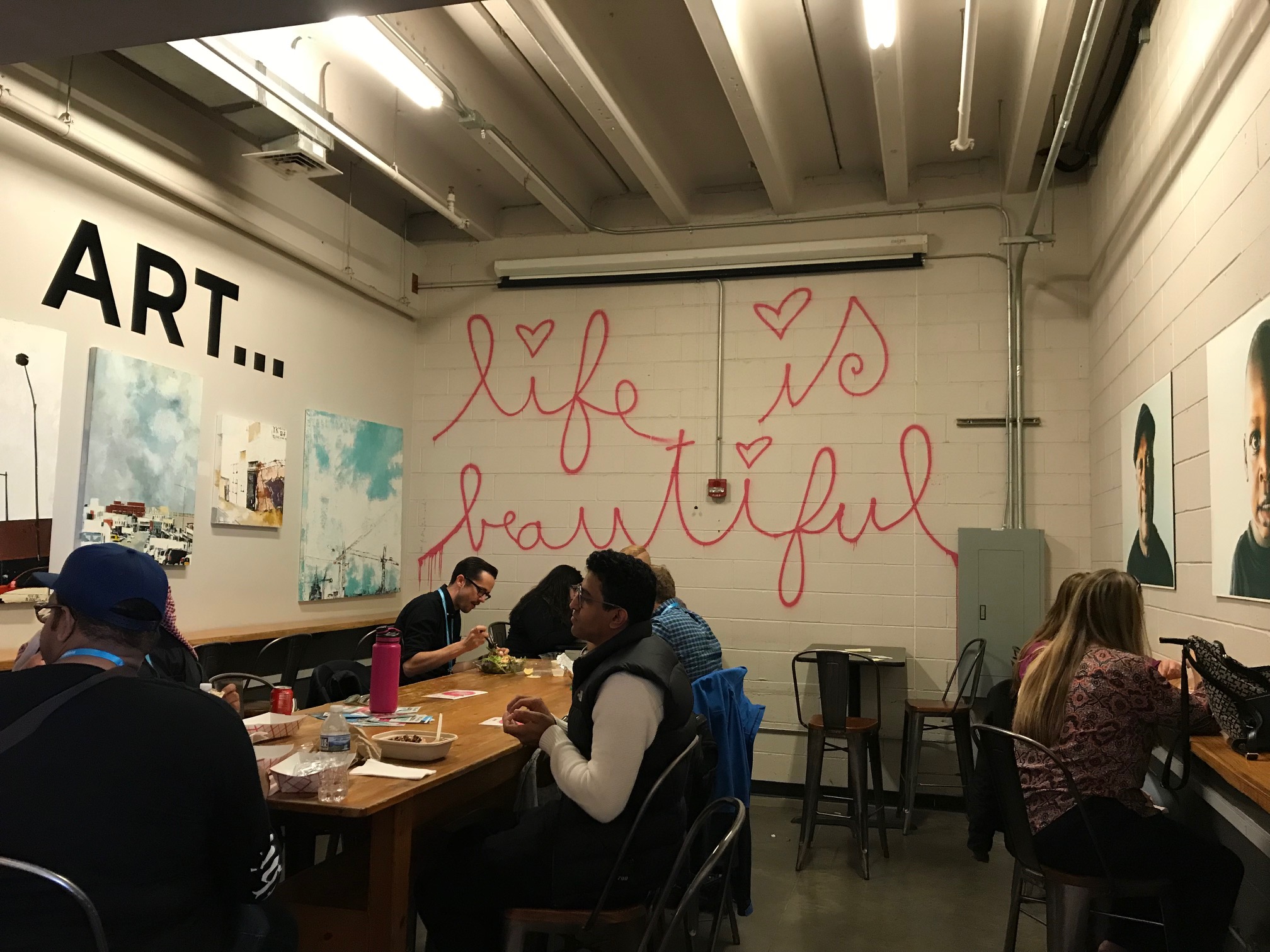
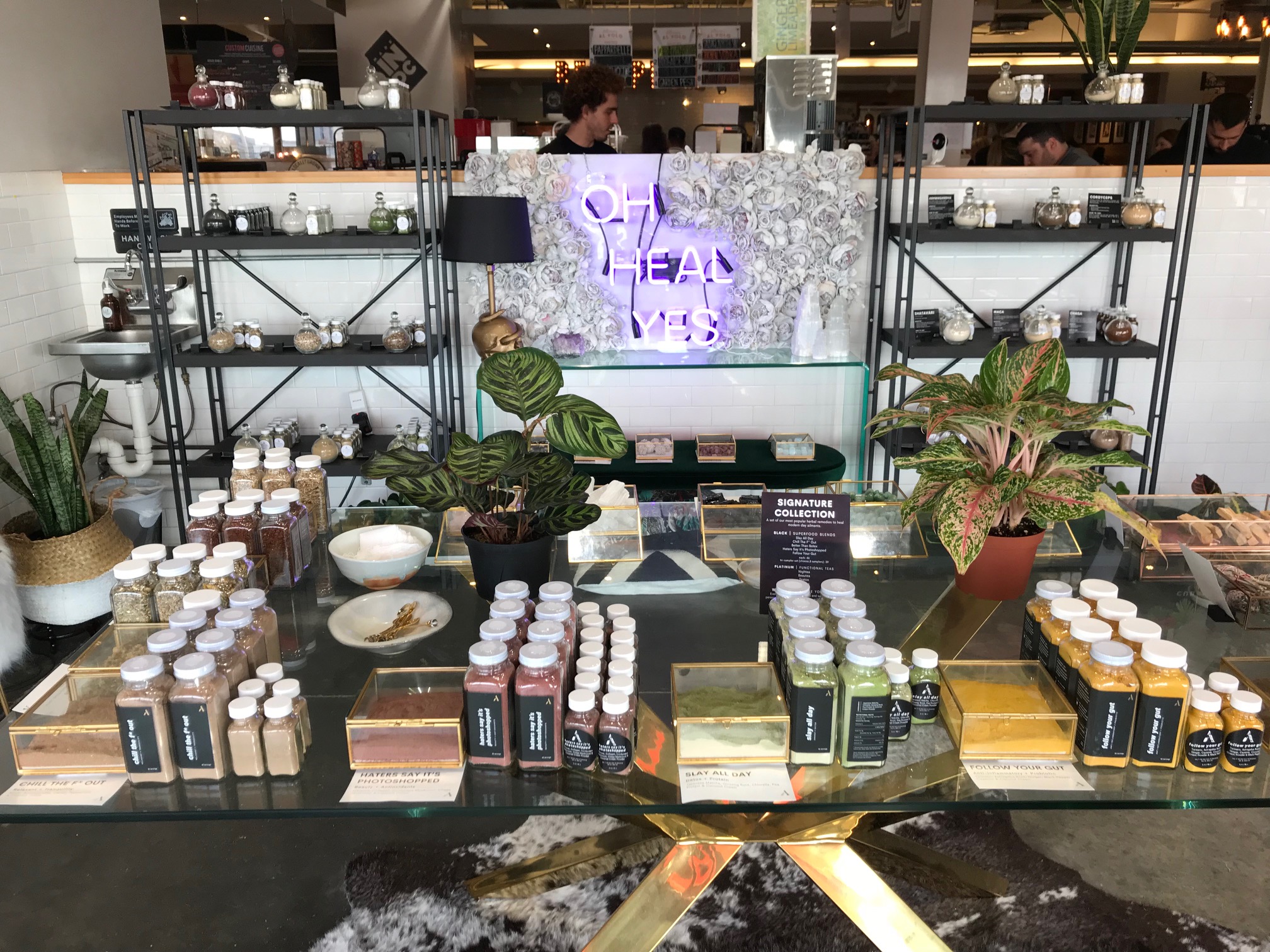
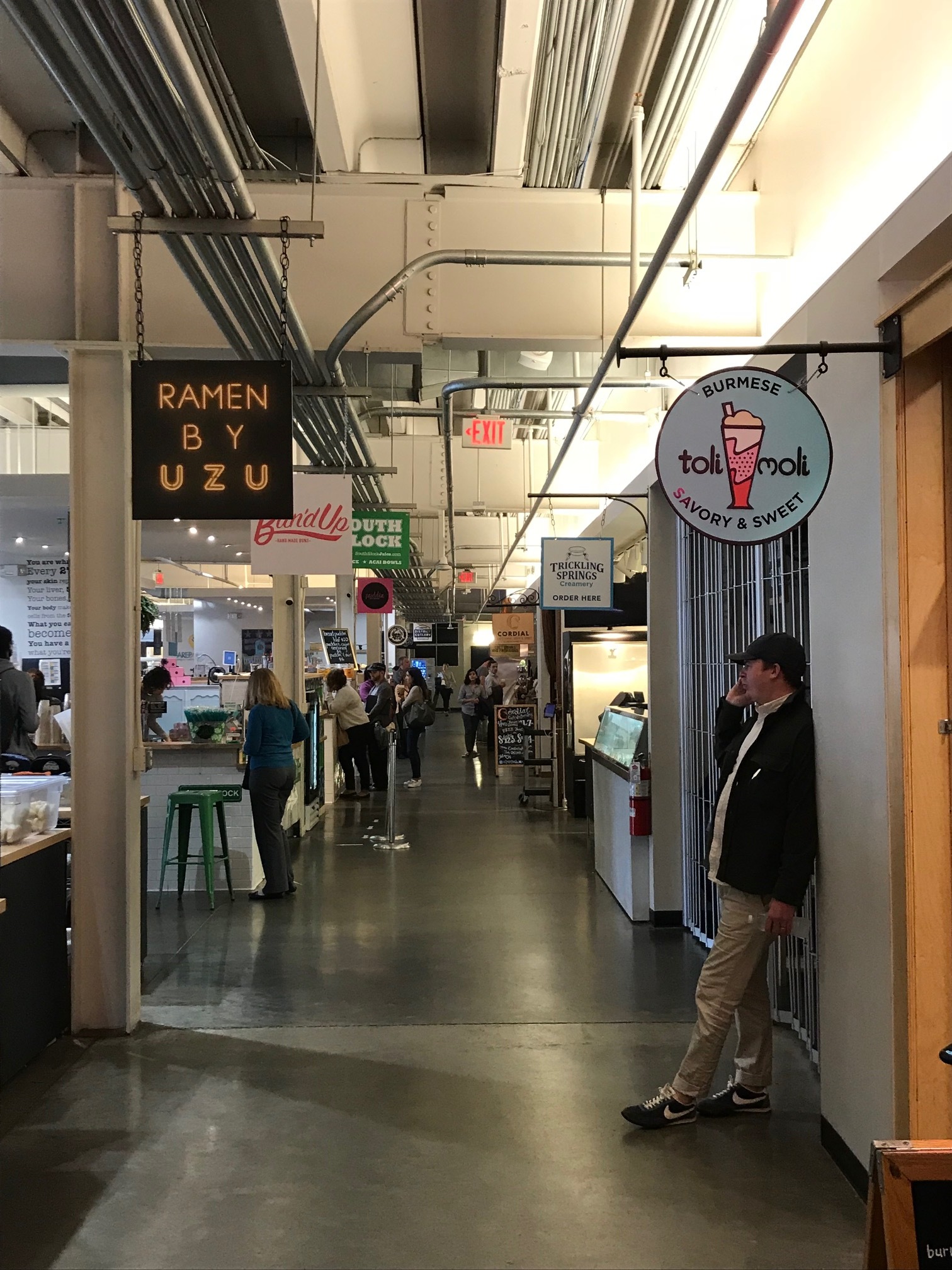
I recently went on a trip to the Washington D.C. area and had read a lot about the Eastern Market—a trendy area of town that hosts what seemed like a really cool farmers’ market. Naturally, I was really looking forward to checking it out. I’m always curious to see what the latest food trends are in various areas around the country and farmers’ markets are the perfect place to take it all in.
When my friend and I arrived at Eastern Market, we stood for a minute and thought—there’s no one here, it’s dead. I appreciated the scenery but there truly wasn’t much going on. Union Market was recommended instead. I admittedly dug my heels in because Eastern Market was supposed to be the place to go. Even on the flight in, I read in Southwest Airlines’ magazine that it was one of the top three things to do in D.C.!
Reluctantly, we left. I really despise missing out on events or wasting time but I went to Union Market on a local tip substituting my stubbornness for my adventurous side. Upon arriving, we immediately felt a different vibe—there were so many people around, so much energy and it felt very hip. It was predominantly a young crowd that was up and active, playing games like cornhole and ping pong while taking their lunch break in the city. It was great to see people taking a break from the office while also making healthy and adventurous food choices.
Naturally, the difference in scenery led me to compare the two markets. Eastern offered the standard things—seafood, meats, and veggies—with nothing fancy in terms of marketing, lights or overall fanfare. Union also offered this and in addition, it had every type of food vendor from wine and beer, ethnic and regional cuisine variety, as well as to-go options. Tons of retail space offered local, crafty, DIY type of retail. The artsy scene rounded out the welcoming feeling for any age group or overall preference for edible options.
The two markets made me realize how farmers’ markets are changing and evolving. I think the evolution of farmers’ markets is really great because it keeps younger people, in particular, interested in healthy, fresh, local food without sacrificing their precious time while building a career and family. And just because you live in a certain area of the country, be it a big city or rural farmland, doesn’t mean you have to forego your health or introductions to varieties of food. Simply being exposed to a healthy lifestyle is absolutely a good thing.
Buying local is trendy but there are very important reasons this movement has caught on. Locally sourced foods and products create economic opportunities, overall food quality is better, tastier and often unique varieties can be found. Last but not least, reduction in environmental impact affects not only individuals but the overall global footprint.
Of course, change is constant and something we can always count on but it’s interesting to see how, as the millennial generation gets older and more established in their careers, their purchases impact change. Local food and farmers’ markets have become a bigger deal, supermarkets have to compete and they are starting to carry niche foods. So everyone has to adjust, all of which is a good thing collectively. Even Walmart carries organic food now. When I lived in Hawaii, the Costco in Hawaii versus Costco in Tampa was completely different. People in Maui aren’t buying anything that isn’t organic and good quality, whereas that might go to waste if Costco was put on the shelves in less health conscious U.S. cities.
This is all important, especially in our current political climate when people may feel like their voice doesn’t matter—it does matter! What you purchase matters because every dollar is a vote for what you want, which in this case, is fresh, healthy food. What we eat fuels us and good fuel means reductions in healthcare costs, ability to work longer and smarter, and less downtime wasted feeling lethargic.
Bottom line, I think what farmers’ markets bring to society is getting back to basics. In a fast-paced, technology-driven world, farmers’ markets offer a sense of community and belonging. The food isn’t pre-made or pre-packaged and you can feel good about eating something healthy, local and free of harmful chemicals. Farmers’ markets allow for the entrepreneur/small business owner to have a thriving business by selling their unique goods that you won’t find on the shelf at Walmart. I look forward to seeing the continued positive impact of farmers’ market in the U.S.
